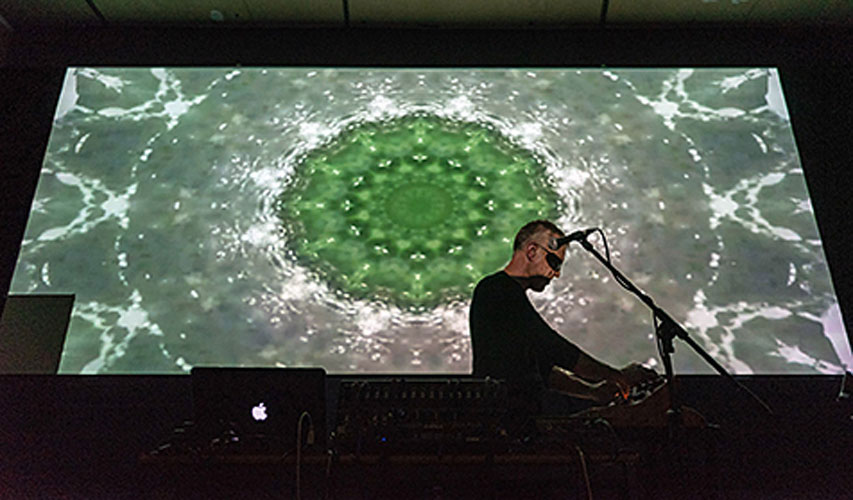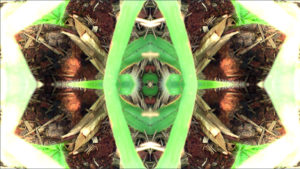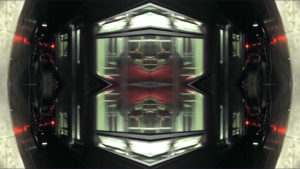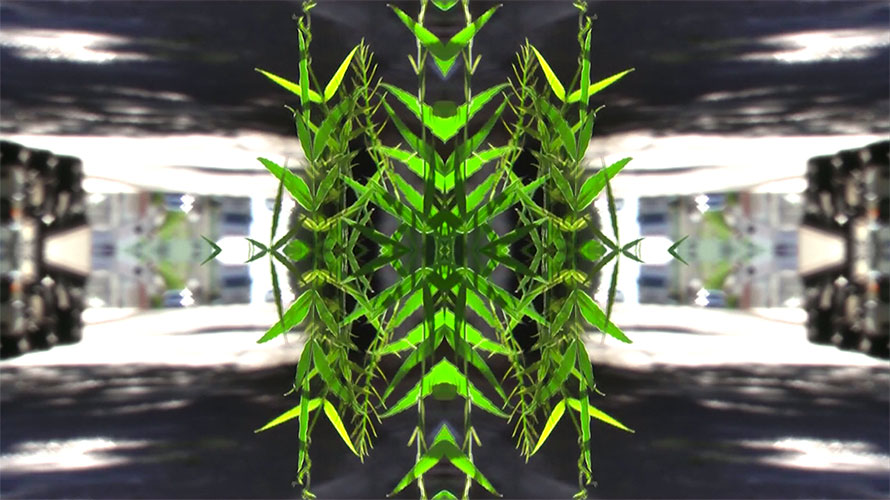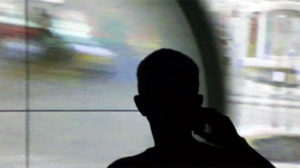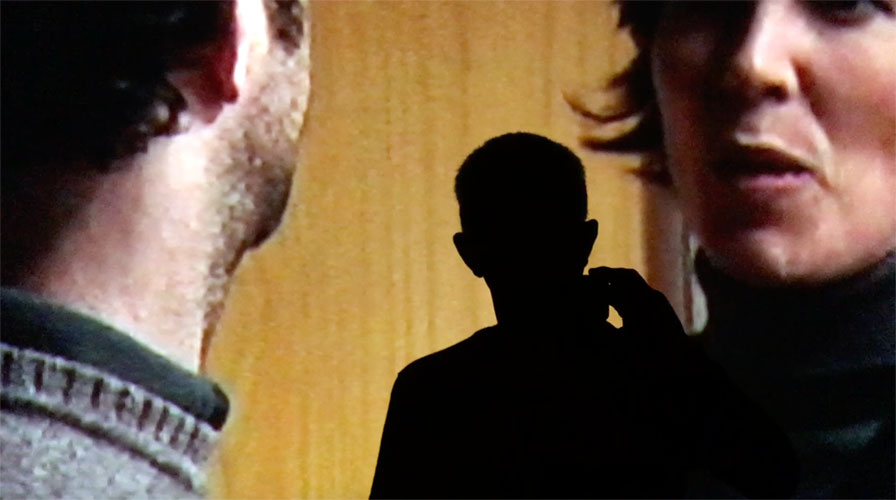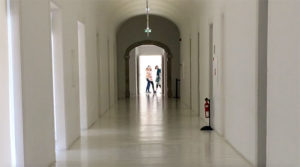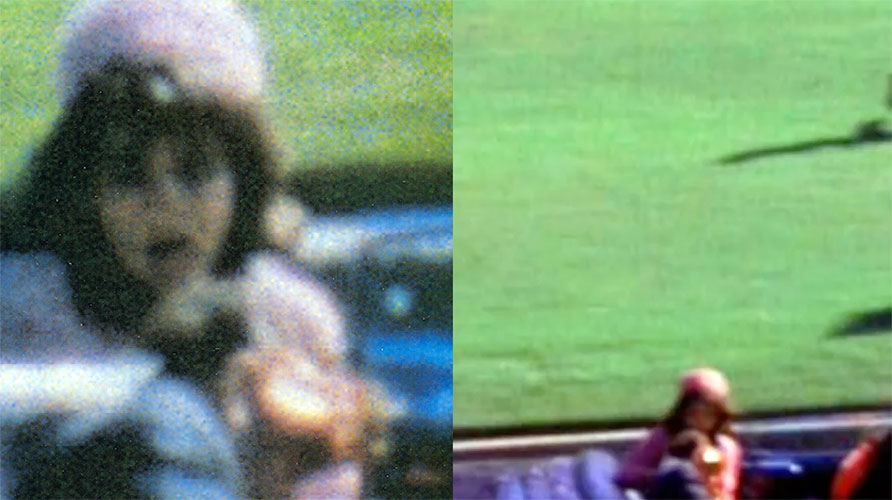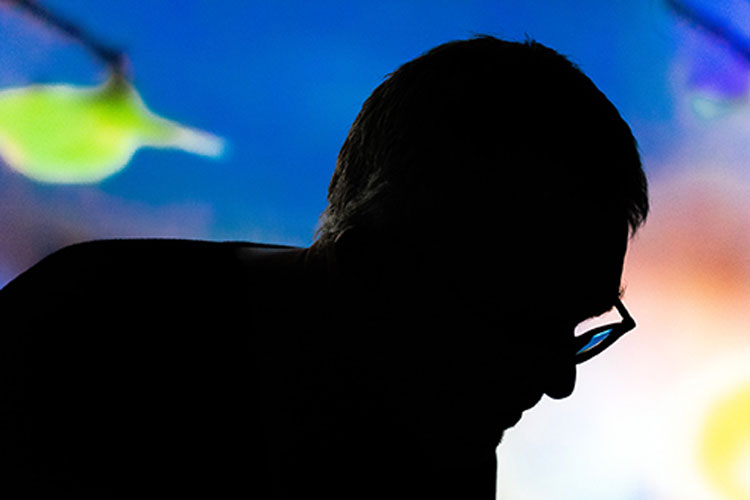Art, Music, // November 15, 2018
Paul Hazel — AUDIO ARTIST
Interview with Audio artist Paul Hazel —
1. Who are you and what do you do?
I am a white guy of a certain age with a mixed Anglo-French heritage. I am divorced but have two lovely children. I live with a generous, intelligent, and honourable woman who is a visual artist. My family background would probably be described as working class, but today I would be called middle class because of my education and occupation. The two are inextricably tied together: education has transformed my life and, in turn, as a teacher and lecturer has allowed me to pass that experience on to others.
So there we are: my day job is teaching music and music production. That’s what it says on my contract. But beyond this socially-defined function I would find it much more difficult to say who I am and what I do. In the past I would have said I was a music producer (as opposed to, say, a musician). However, these days I am so deeply involved with media of all sorts that I prefer to think of myself more as a communications theorist whose specialist area is sound. At the end of the day, everything we do is form of language. What we wear, what we cook, what we build, the tools we use, what we say and do: it all communicates.
2. Why art?
No-one’s ever been able to offer a definitive answer and probably no-one ever will. Anyway, post- Marcel Duchamp, it may be that it’s one of those Zen “there’s no answer because you’re asking the wrong question” riddles. But I’m still going to try and answer it.
My current answer to this is based on observations by the scientist and author Carlo Rovelli (in The Order of Time). Which is that art is the human attempt to defy entropy. In other words, it is our way of putting back together re-organising, creating meaning in a world that is always in the midst of dissolution. Which may just be a fancy way of saying art is like playing God, creating little worlds in our own image.
STOP PRESS!!! Another definition, arrived at this very minute whilst attempting to answer Question Five: Art allows us an attempt at making the incomprehensible comprehensible. Or, put another way: Art allows us to express the incomprehensible.
3. What is your earliest memory of wanting to be an artist?
No such memory, but I have always painted, drawn, written, composed, etc. Maybe the answer to this is that you never want to be an artist: you either are or you aren’t.
4. What are your favorite subject(s) and media(s)?
I don’t really work in terms of specific external subjects at all. For example, some painters have favourite subjects such as the nude or still life, and there are film directors who make zombie films over and over again. Instead, my main subject is usually the medium itself or some particular aspect of it: material, form, technology, process, narrative, etc.
I tend to think of sound as opposed to music. I do produce music, but rarely think about it simply as sequences of notes, melodies, or chords. It’s more about creating a sound world, a sonic environment. With film I’m usually thinking of it as a living canvas, a dynamic surface, rather than in terms of characters or dialogue.
Which I think has also answered the second part of the question: sound and image working together.
5. How do you work and approach your subject?
Sometimes I work quickly—oh, deep joy—but mostly very laboriously. My ideas come from all over the place: things read, experienced, thought, found, heard, written, doodled, offered. Typically the final piece will be an amalgamation of many small ideas—fragments incomplete in themselves—from disparate sources that are somehow forced into coalescence. This process is often painstakingly slow and seemingly accidental. With any given project I probably only use about 1% of the material I’ve collected and/or generated.
Because of this haphazard creative process I often have no idea what a finished piece “means” or may only discover meaning retrospectively. Equally, it may have multiple meanings, or no single and over-riding meaning at all. In any case it will almost certainly not “say” anything directly. This is fine by me as long as the work has emotional power and resonance.
This emotional response is the nub of it really. The aforementioned visual artist girlfriend becomes infuriated at my seeming inability to conceptualise or make concrete what I do. The stock answer is that I am working instinctively, by trial-and-error, with creative decisions made simply on the basis of what feels right. As far as I am concerned, the driving force behind my creativity is not intellectual at all, but something far more primitive, blind, libidinous, and hugely powerful: something incomprehensible. My intellect is merely a helpful but often anxious passenger, a facilitator.
6. What are your favorite art work(s), artist(s)?
OK. Not favorite as such (although the favorite pieces will be in here somewhere) but most influential, i.e. these are the people whose work has changed what I think about what I do and how I do it:
Music: Edgard Varèse, Detroit Techno, Basic Channel, Can, Kraftwerk, Fela Kuti, Brian Eno, Stockhausen, Sun Ra, Howlin’ Wolf, Philip Glass, Steve Reich, The Stooges, Eddie Palmieri, Brian Wilson, Miles Davis, Charlie Parker, Duke Ellington.
Authors: Marshall McLuhan, Raymond Chandler, J.G. Ballard, William Gibson, T.S. Eliot.
Visual artists: Yves Klein, Paul Klee, Henri Matisse, Piet Mondrian, Richard Hamilton.
Architects: Mies van der Rohe, Antoni Gaudí, Le Corbusier.
Film: Jean-Luc Godard, Werner Herzog, Andrei Tarkovsky, George Romero.
7. What are the best responses you have had to your work?
I was standing in a nearly empty nightclub in Covent Garden just before 3am: the DJ put on a track of mine called “Test Pattern” as the night’s last record. There was a lovely Japanese girl alone in the middle of the dance floor. She started gently swaying as the record started but as it built up she got carried away and was going absolutely wild by the end doing this crazy spinning propeller dance.
8. What do you like about your work?
Like it or hate it, for good or for bad, it is uncompromising. It is true to itself. It is authentic.
9. What advice would you give to other artists?
You need to find your own voice. End of…
For practical advice read Hugh MacLeod’s — Ignore Everybody (And 39 Other Keys To Creativity) and Twlya Tharp’s — The Creative Habit: Learn It And Use It For Life.
10. Where do you see yourself in 5-10 years?
In an ideal world I would be an artist who is moderately commercially successful: that is, with enough income to allow me to continue what I do (creatively) whilst allowing me to support my family. To be independent and with a self-sustaining lifestyle. To be healthy!
LINKS —
Website: www.paulhazel.com
Bandcamp: https://paulhazel.bandcamp.com/merch
Facebook: https://www.facebook.com/paul.hazel.31



